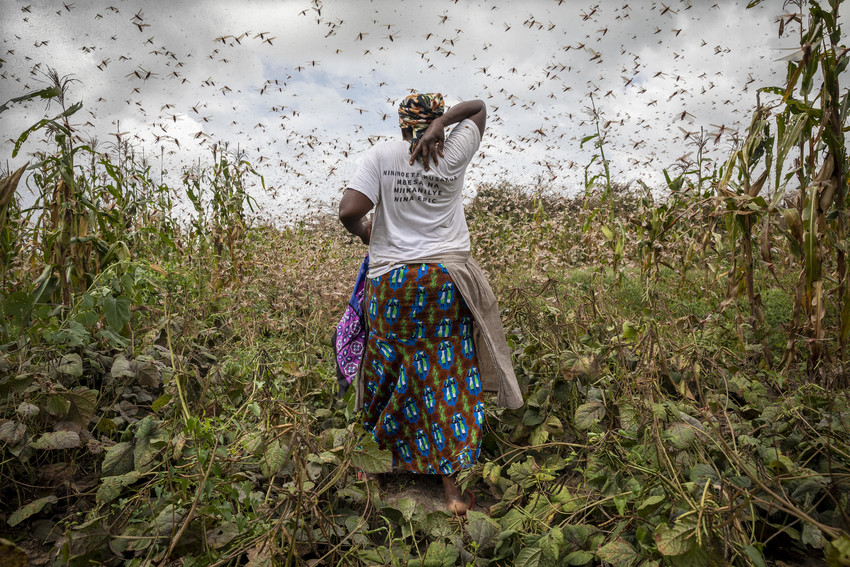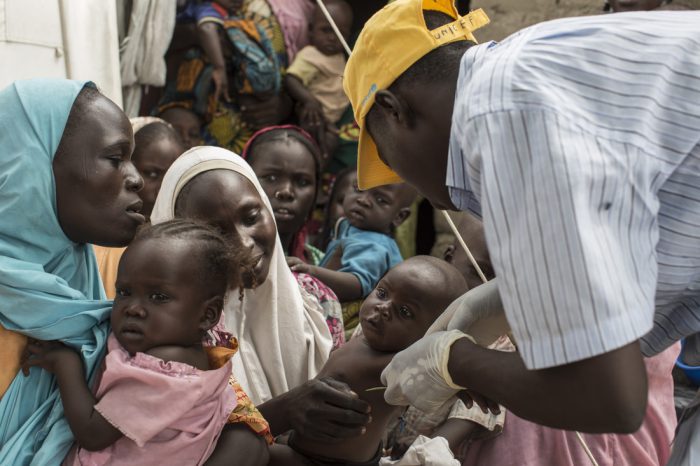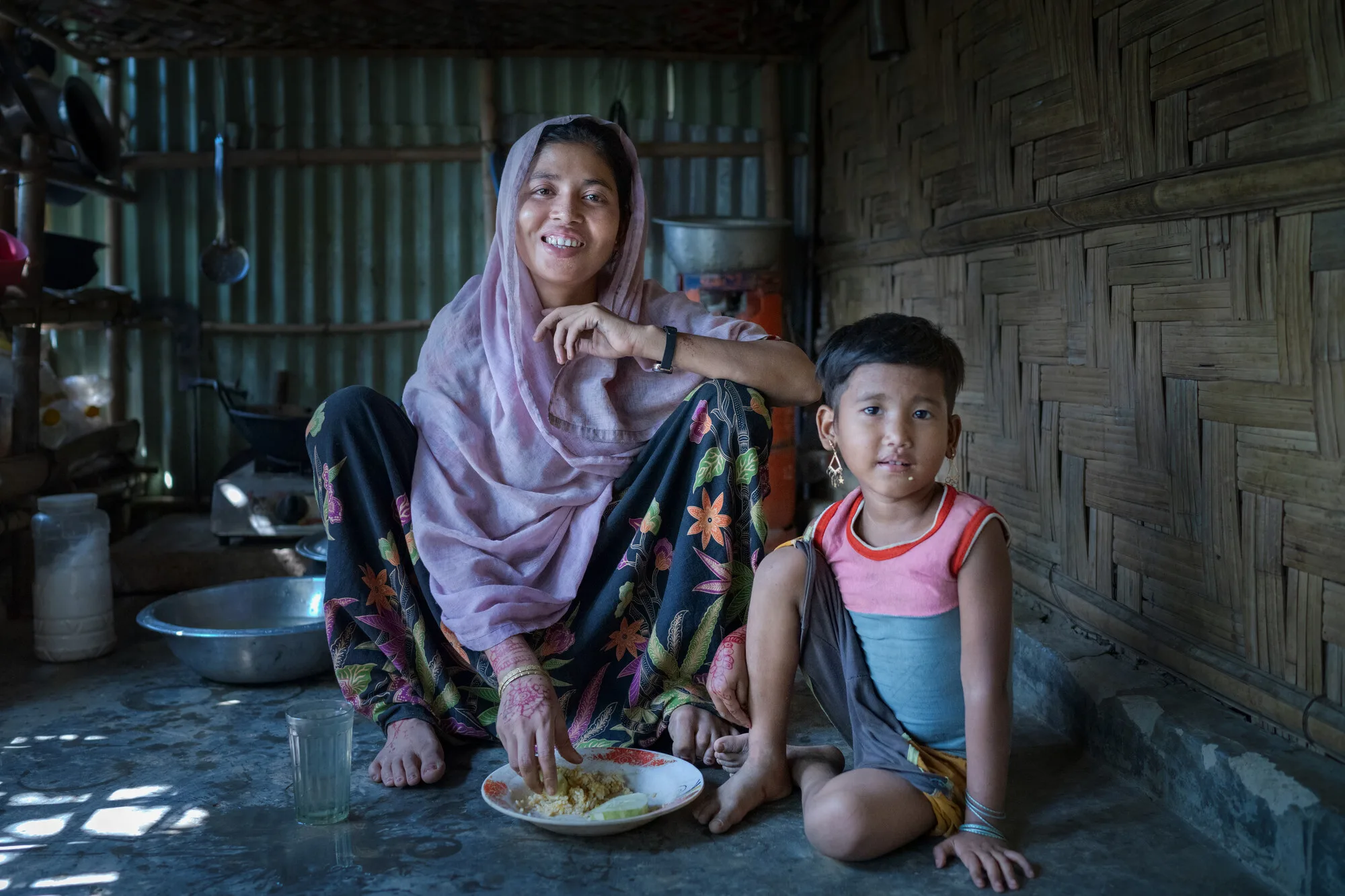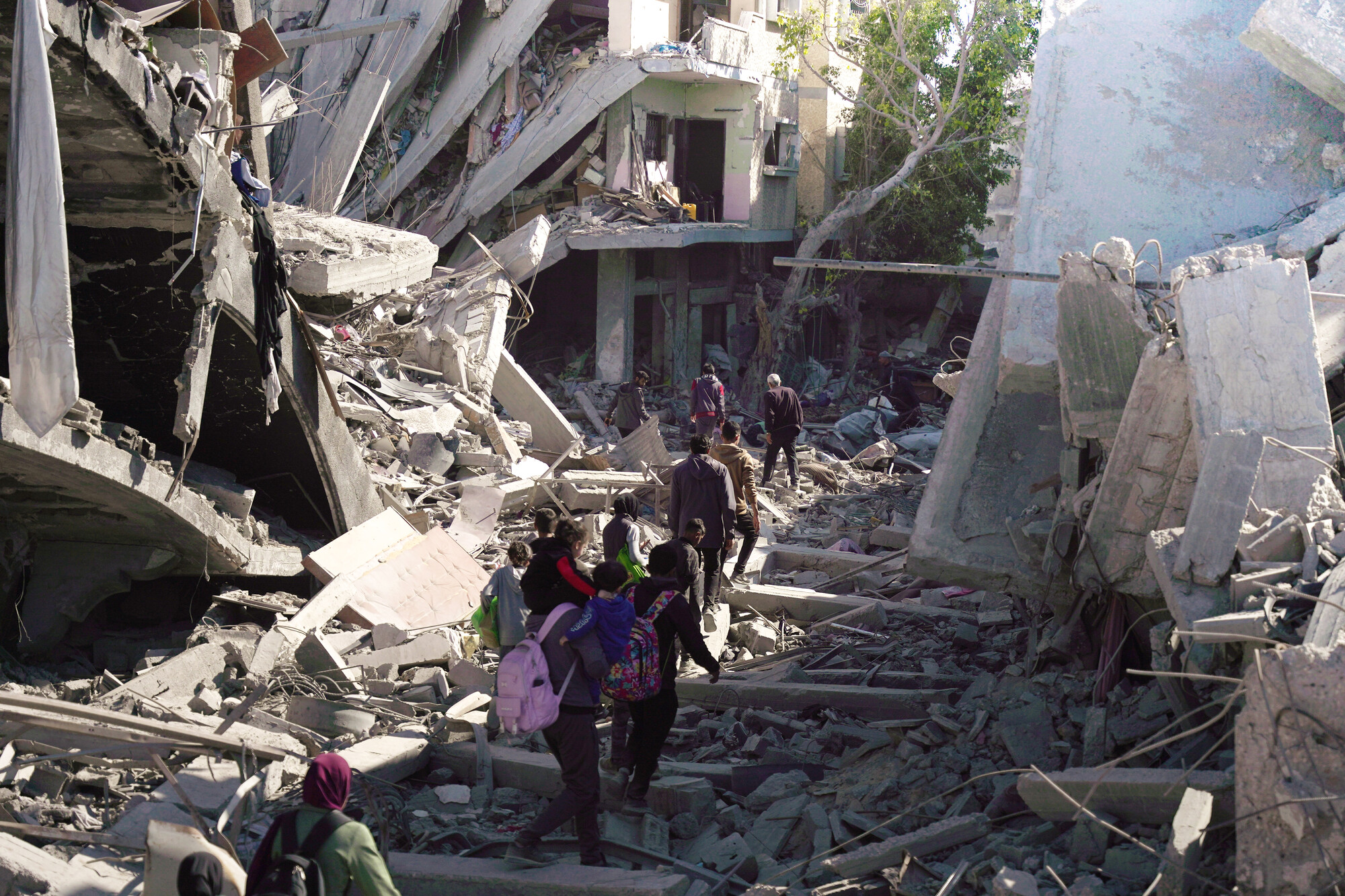
Millions of people in East and Central Africa are facing increased hunger and poverty as they brace for the latest generation of locusts to hatch in June – just when crops are due to be harvested.
The region is facing multiple concurrent crises with people already suffering due to flooding and the impact of coronavirus.
The highest rainfall in 40 years in parts of the region caused severe flooding earlier this year, which killed more than 400 people, forced half a million people from their homes and destroyed crops and livelihoods.
The heavy rains, exacerbated by climate change, also created perfect conditions for locusts to breed. The locust outbreak in February decimated thousands of hectares of crops throughout large swathes of the region, especially in Kenya, Ethiopia and Somalia.
“Now they are facing another infestation that is feared to be 400 times larger than the swarms earlier this year.”
The floods and the new wave of locust infestation will lead to increased food shortages in a region where more than 33 million people are already facing severe food insecurity. At the same time, the economic fallout from governments’ efforts to contain the pandemic are likely to push millions of people further into poverty as social safety nets, where they exist at all, are inadequate.
If the infestation is not brought under control before the harvest season begins next month, millions more could face severe hunger.
Oxfam is working closely with local partners in Ethiopia, Kenya, Uganda and Somalia to provide cash assistance to more than 6000 households so they can buy food. Oxfam is also distributing soap, hygiene kits and clean water to hospitals and communities, and Oxfam staff have been increasing public awareness to help prevent the spread of coronavirus, including by broadcasting messages in local languages with megaphones in rural villages.
To overcome some of the lockdown challenges, Oxfam is working with mobile phone operators to supply e-vouchers for soap and water through “water ATMs” – pre-paid machines that dispense water to the most vulnerable communities.
The aid agency has also developed a mobile GPS app that allows community volunteers to record data on local locust infestations that are then shared with government response teams.
By donating today you can support our work on the ground and save lives. Your donation will make an enormous difference to people facing crisis.
Note: Should the funds raised exceed the amount required to meet the immediate and longer term needs of the people in the affected areas, Oxfam Australia will direct donations to our International Crisis Fund to enable us to rapidly address emergencies as they occur.



